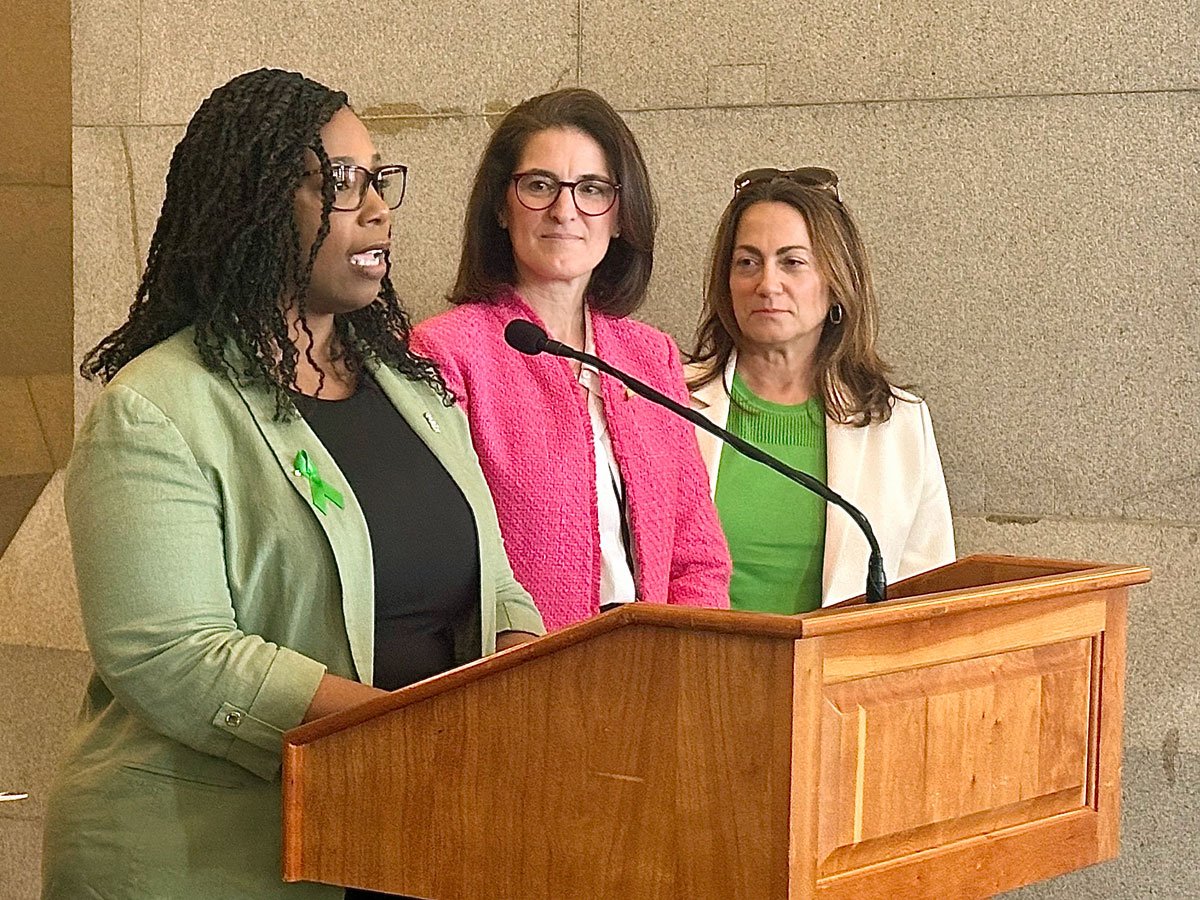The Massachusetts House of Representatives has approved a budget allocation of $50,000 for the Pocasset Mental Health Center, a 16-bed psychiatric facility on Cape Cod. This decision comes after Governor Maura Healey proposed the closure of the center earlier this year, citing underutilization as a reason for the move.
The funding, aimed at improving the facility’s mental health rooms, was included in a larger budget amendment passed with a vote of 134 in favor and 21 against. This amendment followed discussions around two proposals by Republican Representative David Vieira of Falmouth, who sought to secure additional resources and protections for the center. One of Vieira’s amendments aimed to allocate $200,000 specifically to retrofit and furnish eight additional mental health rooms, while the other sought to ensure that Pocasset maintains at least 16 inpatient beds and undergoes a review to assess future investment needs.
The allocation of $50,000 was deemed appropriate by the Ways and Means Committee, as reported by spokesperson Blake Webber. Although the proposed amendments by Vieira were not discussed prior to the vote, they highlighted the ongoing debate about the future of mental health services in the region.
Governor Healey’s initial proposal to close the Pocasset facility was part of a broader set of controversial healthcare budget cuts. However, she later paused plans to close both Pocasset and the Pappas Rehabilitation Hospital for Children in Canton after public outcry and advocacy from various stakeholders.
The budget amendment also included a provision for a legislative commission to evaluate the future of Pappas Hospital while ensuring it remains operational. This commission is tasked with submitting a report by December 31, 2026, after which any decisions regarding the hospital’s status will be made. The amendment emphasizes that services for patients at Pappas cannot be reduced or eliminated during this review process.
As the Senate prepares to debate its fiscal 2026 budget, SEIU Local 509, representing state mental health care workers, may advocate for similar protections for Pocasset, depending on the Senate’s initial proposals. This situation reflects the ongoing challenges in securing adequate mental health funding and resources within the state, as advocates continue to push for improved services and facilities for those in need.



